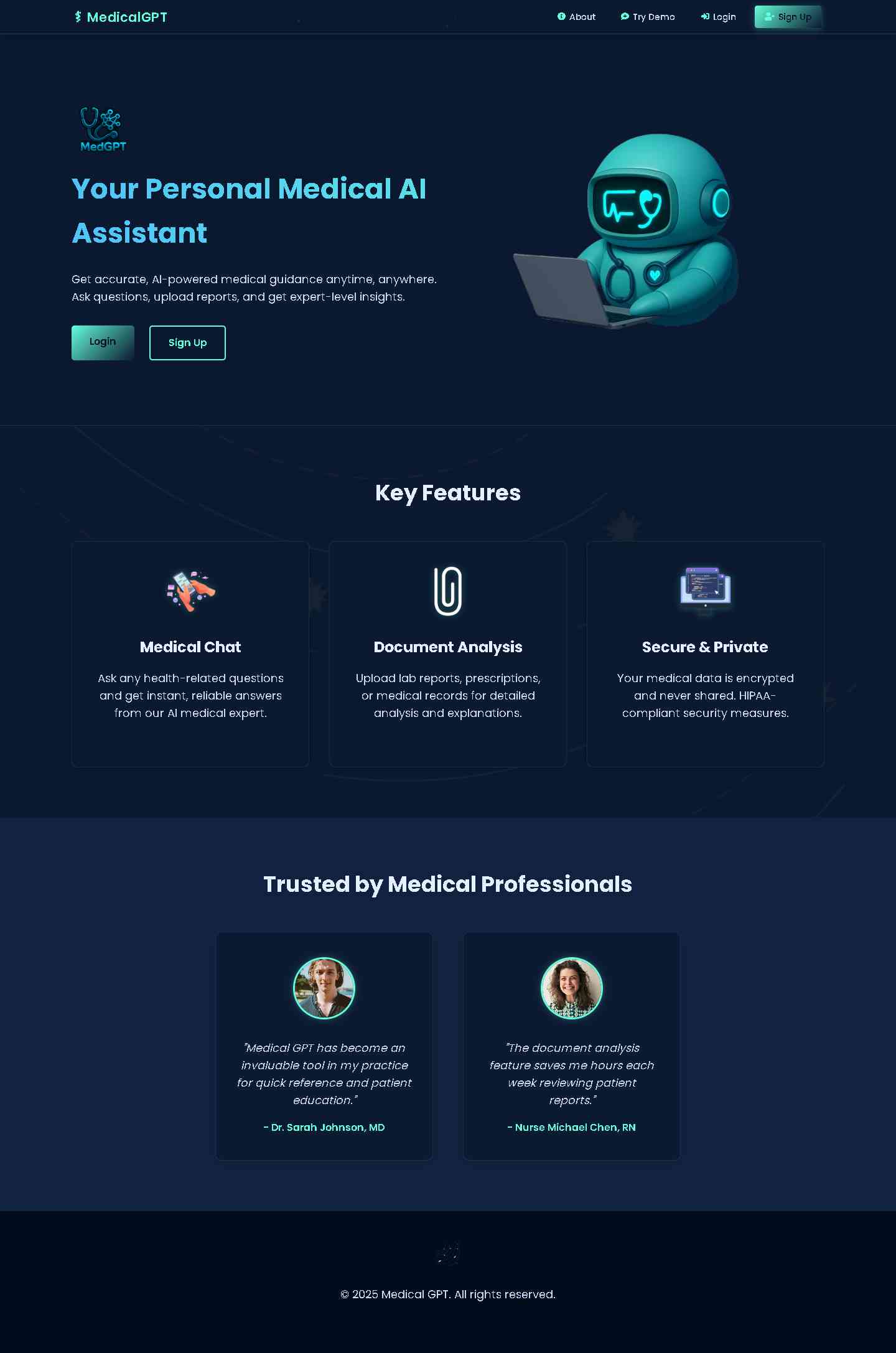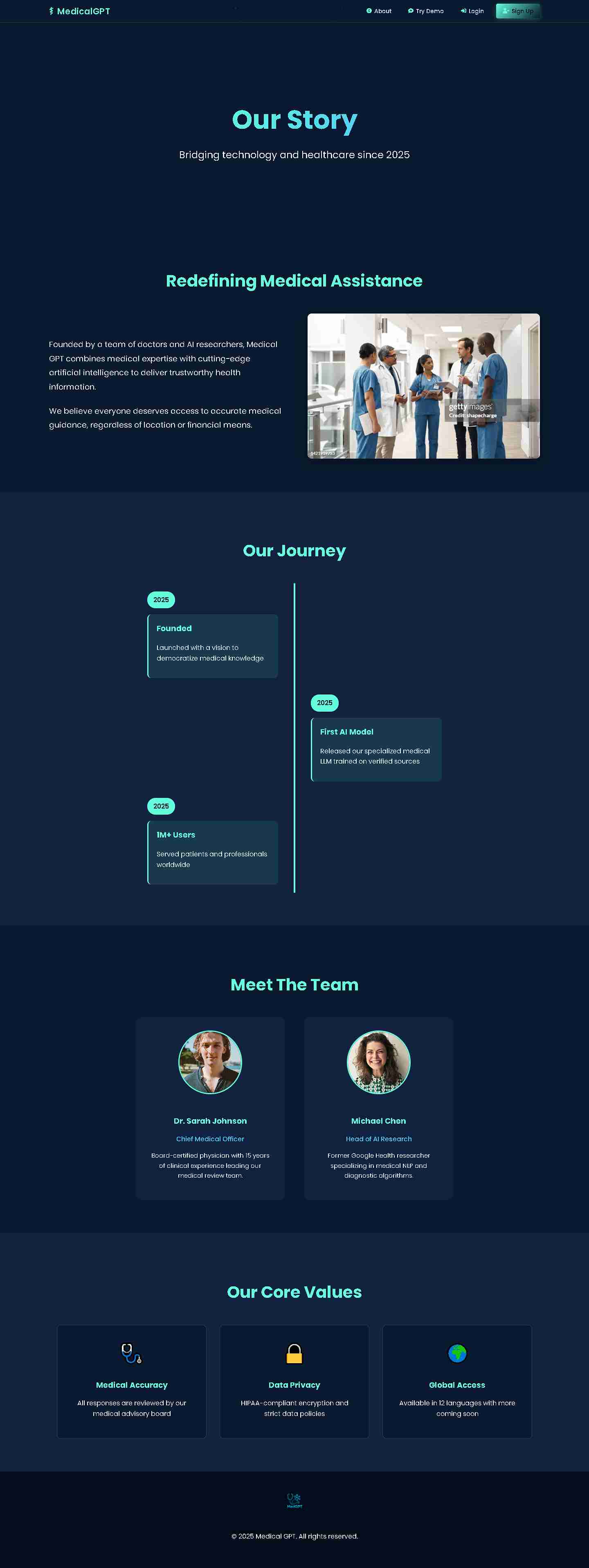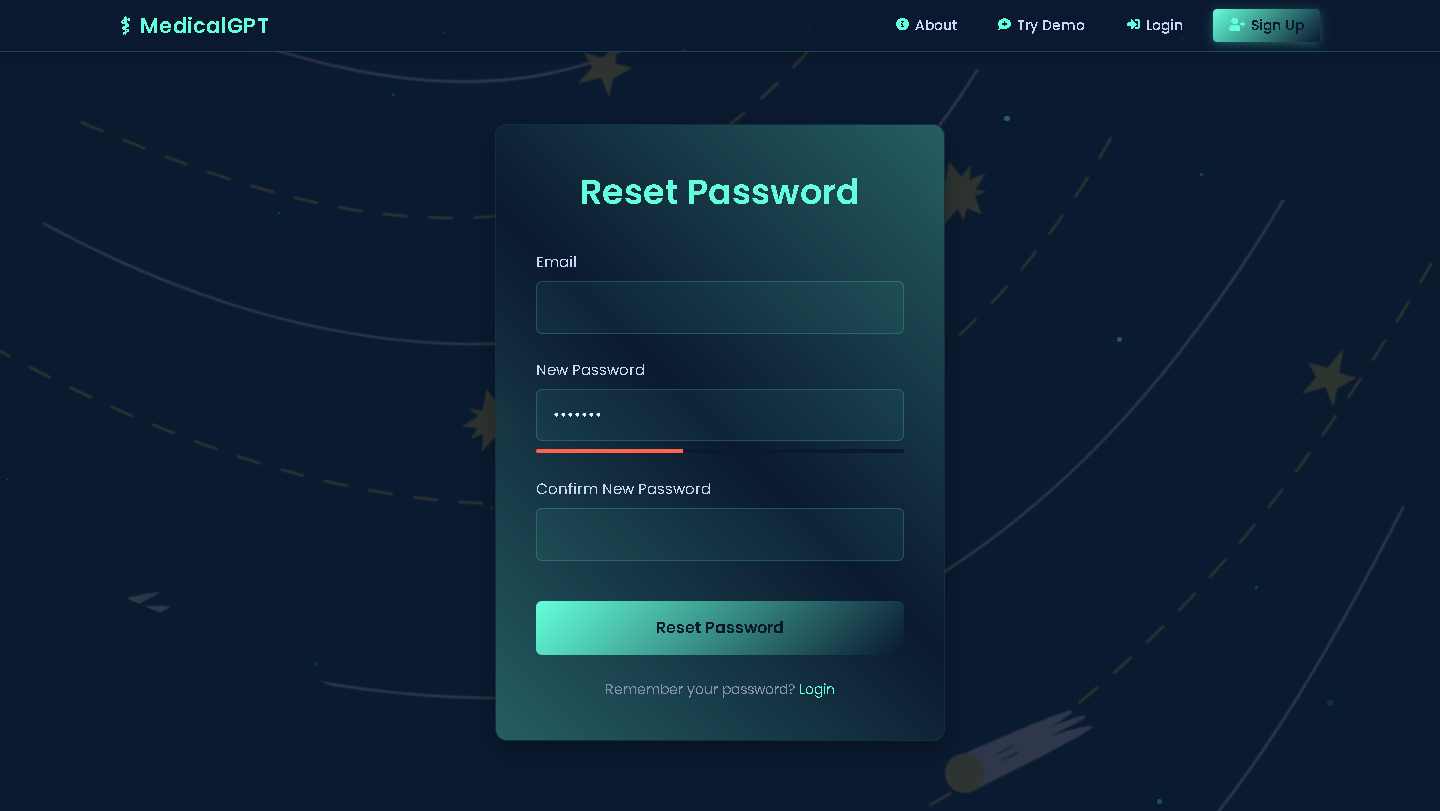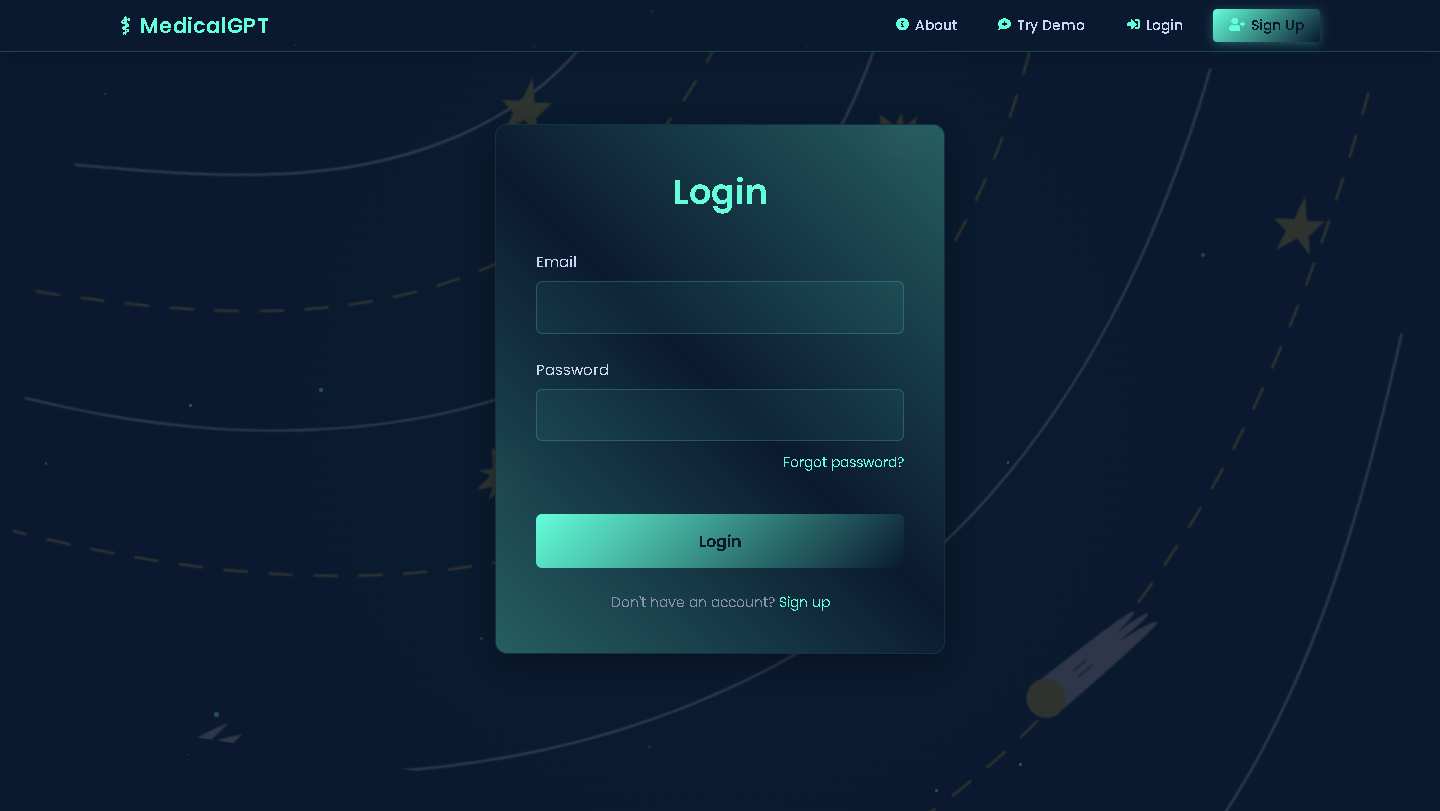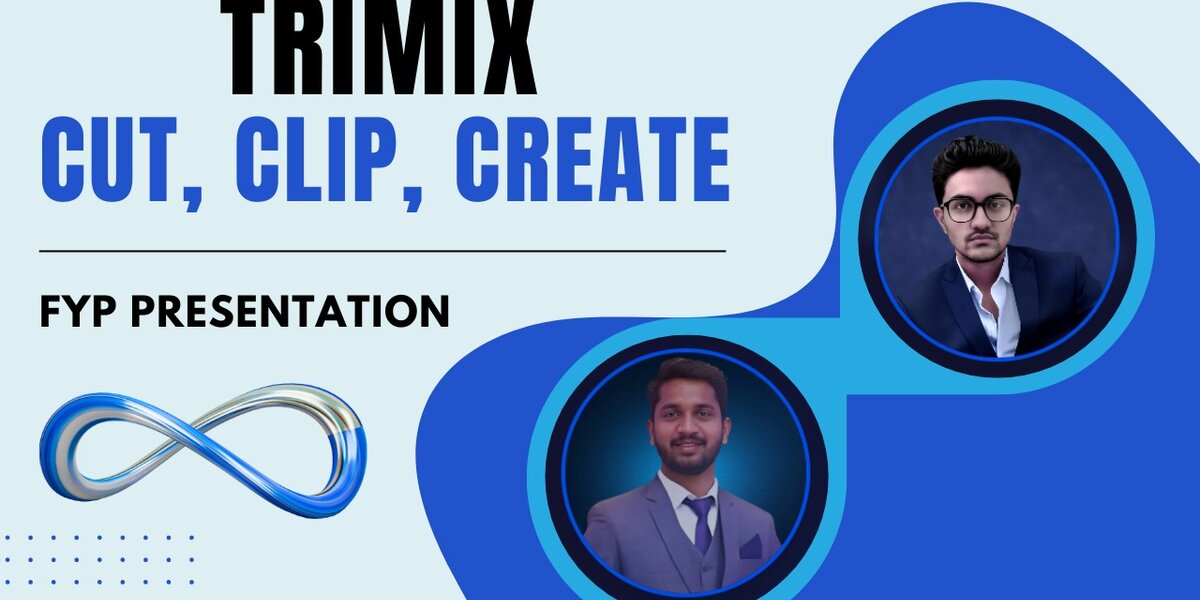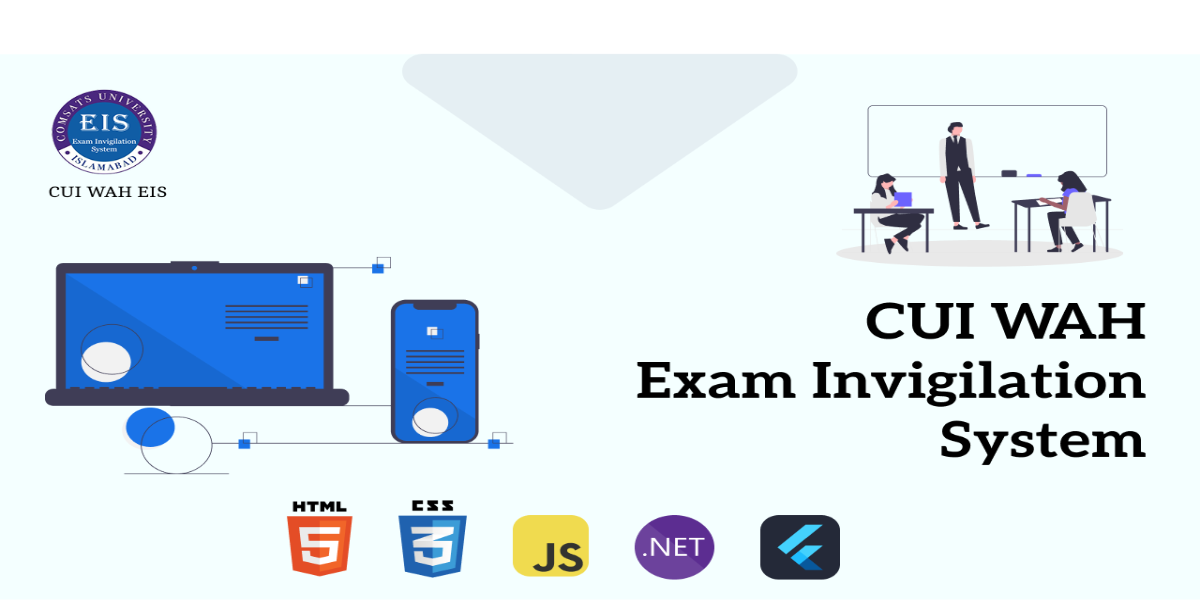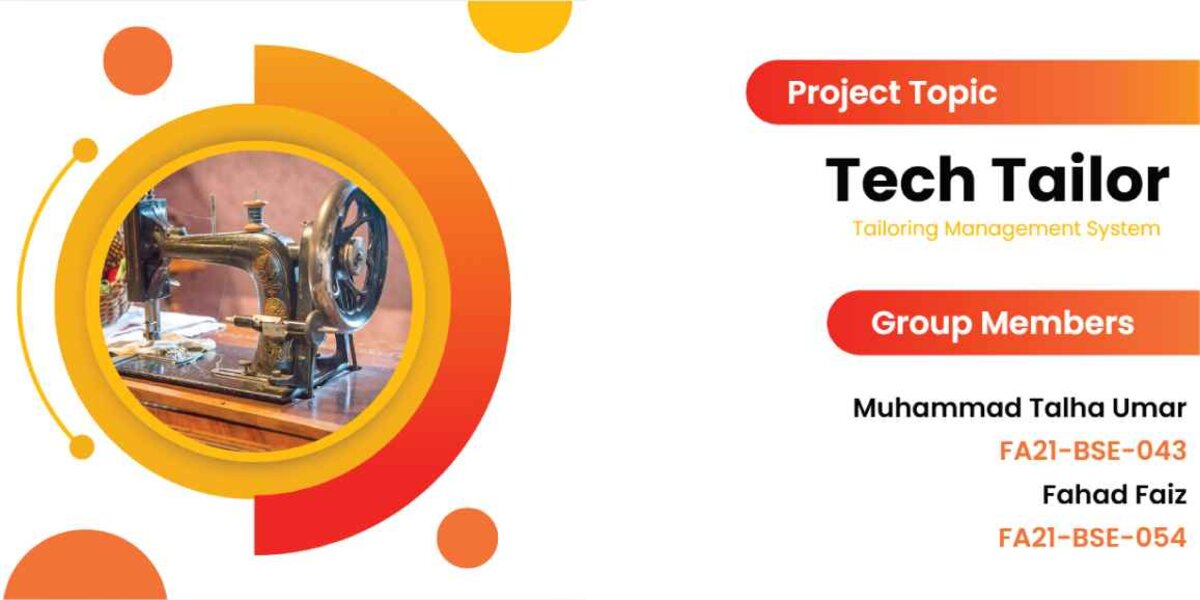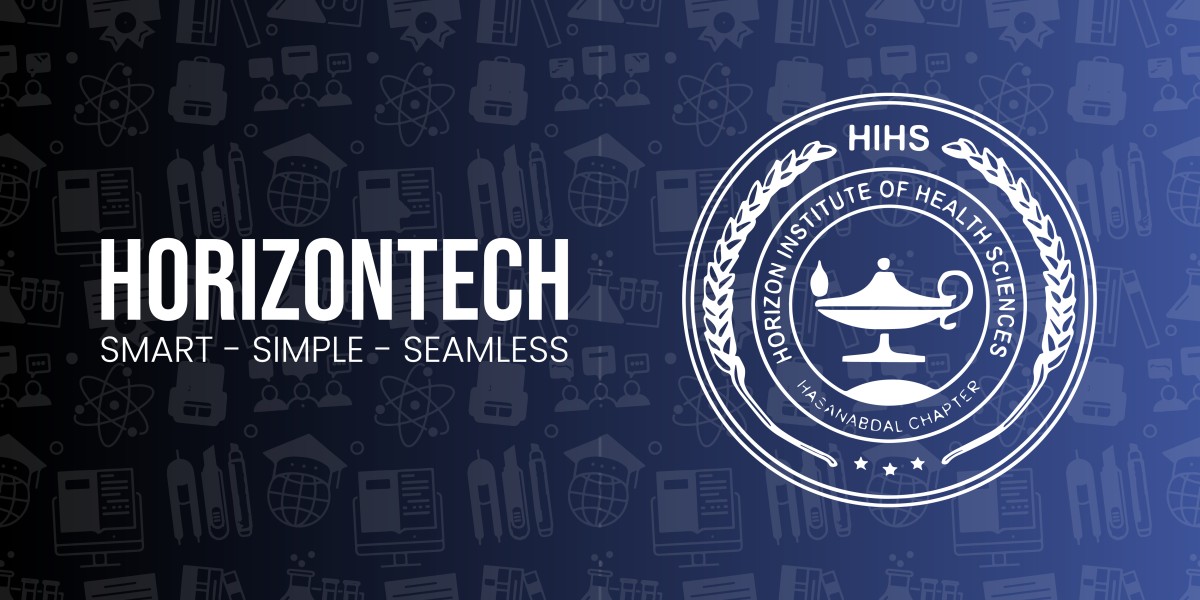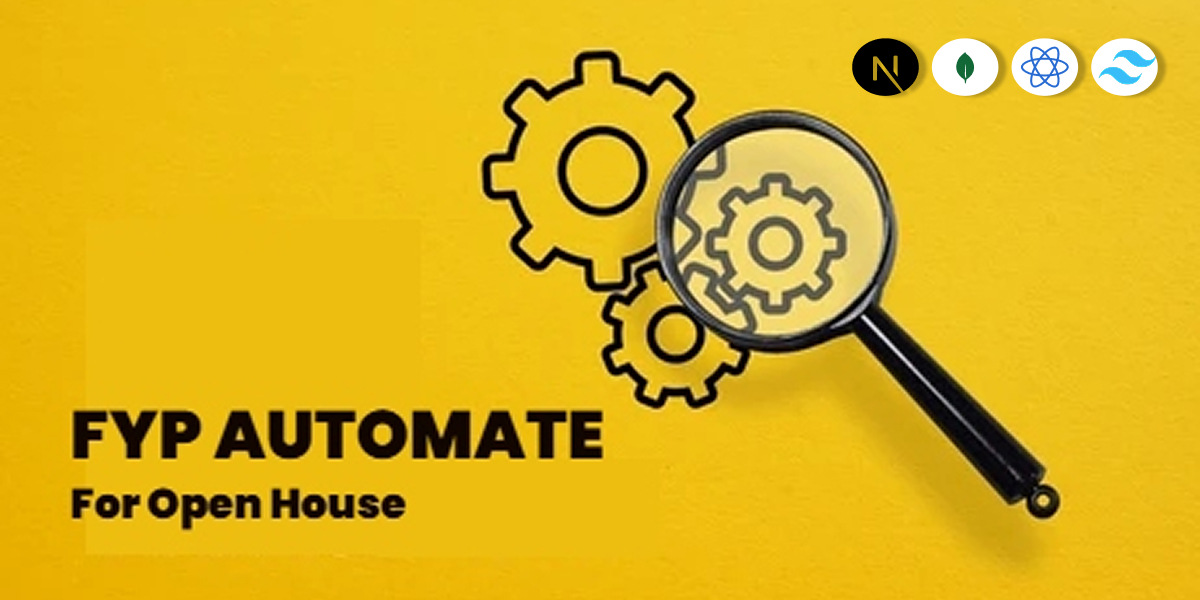MedGPT – AI Medical Assistant is an intelligent healthcare chatbot built using Retrieval-Augmented Generation (RAG) and a fully fine-tuned T5-small model trained on the PubMedQA dataset. Designed with Flask and a responsive Bootstrap-based frontend, it provides accurate, expert-level answers to medical queries. MedGPT also supports image and document uploads and integrates a customized Gemini API for enhanced multimodal medical understanding, offering an accessible and reliable AI tool for both patients and healthcare professionals.
Objectives
Project Objective
The objective of MedGPT is to develop an AI-powered medical assistant that can:
Provide accurate, reliable, and context-aware medical responses.
Interpret user queries using natural language and return medical expert-level answers.
Process and analyze medical documents and images.
Assist healthcare professionals and patients in decision-making, education, and triage.
Socio-Economic Benefit
Project Socio-Economic Benefits
Improved Access to Medical Knowledge
Helps patients and rural populations with limited access to healthcare professionals.
Supports preliminary health assessments and education.
Supports Healthcare Professionals
Acts as a decision-support tool to quickly summarize or retrieve relevant medical information.
Affordable AI Solution
Uses open-source models and tools, reducing dependency on expensive proprietary software.
Potential for local deployment in low-resource settings.
Time & Cost Efficiency
Reduces time spent searching for medical information.
Decreases administrative workload (e.g., summarizing documents).
Scalability for Public Health Initiatives
Can be adapted for health surveys, disease monitoring, and patient engagement tools.
Methodologies
Project Methodologies
Dataset & Fine-tuning
Utilized the PubMedQA dataset (213K rows) from Hugging Face in CSV format.
Fully fine-tuned T5-small, a transformer-based sequence-to-sequence model, to specialize it in biomedical Q\&A.
RAG (Retrieval-Augmented Generation)
Integrated a hybrid system where relevant context is fetched from medical knowledge bases or documents before generating answers.
Improves factual accuracy and trustworthiness of generated outputs.
Model Customization & Gemini API
Customized Google’s Gemini API to act as a fallback or enhancer for multimodal understanding (image, document).
Enhanced medical understanding with prompt engineering and domain-specific tuning.
Backend Development
Built using Flask, enabling fast API integration, model serving, and chat session management.
Frontend Development
Built with HTML, CSS, JavaScript, and Bootstrap for a responsive, user-friendly interface.
Features include chat interface, file upload (images, PDFs, PPTs, Word), and session-based interactions.
Outcome
Project Outcome
Successfully developed a full-stack AI medical assistant capable of:
Answering biomedical questions with contextual understanding.
Parsing and interpreting medical documents (e.g., lab reports, prescriptions).
Accepting multimodal input and returning expert-grade explanations.
Delivered a user-friendly web app with real-time interaction and secure session handling.
Demonstrated improved performance and relevance compared to zero-shot or few-shot models.

